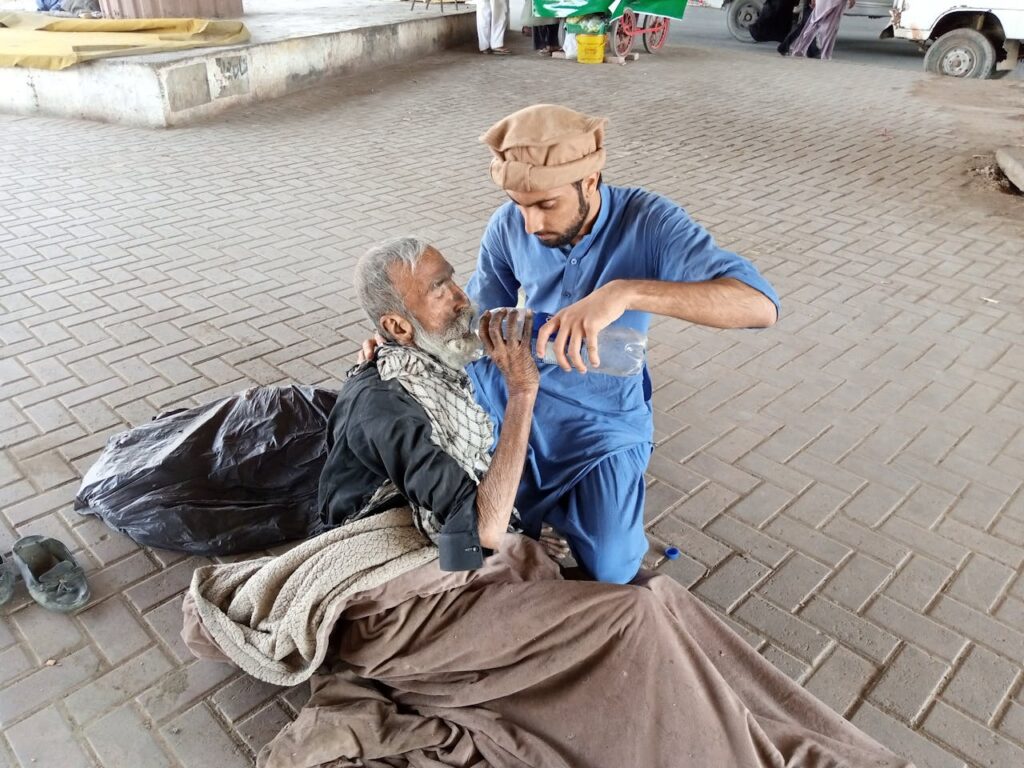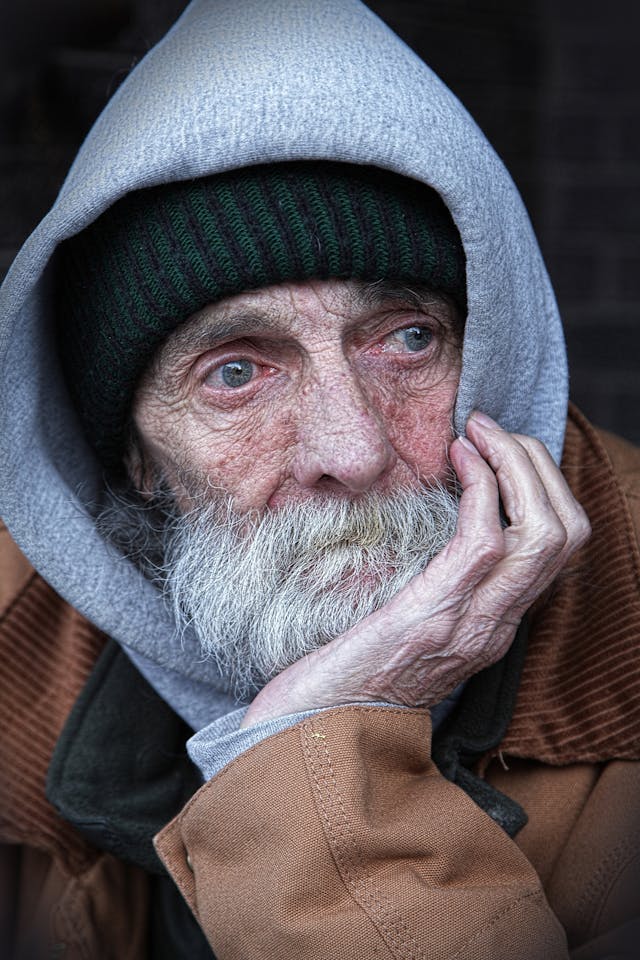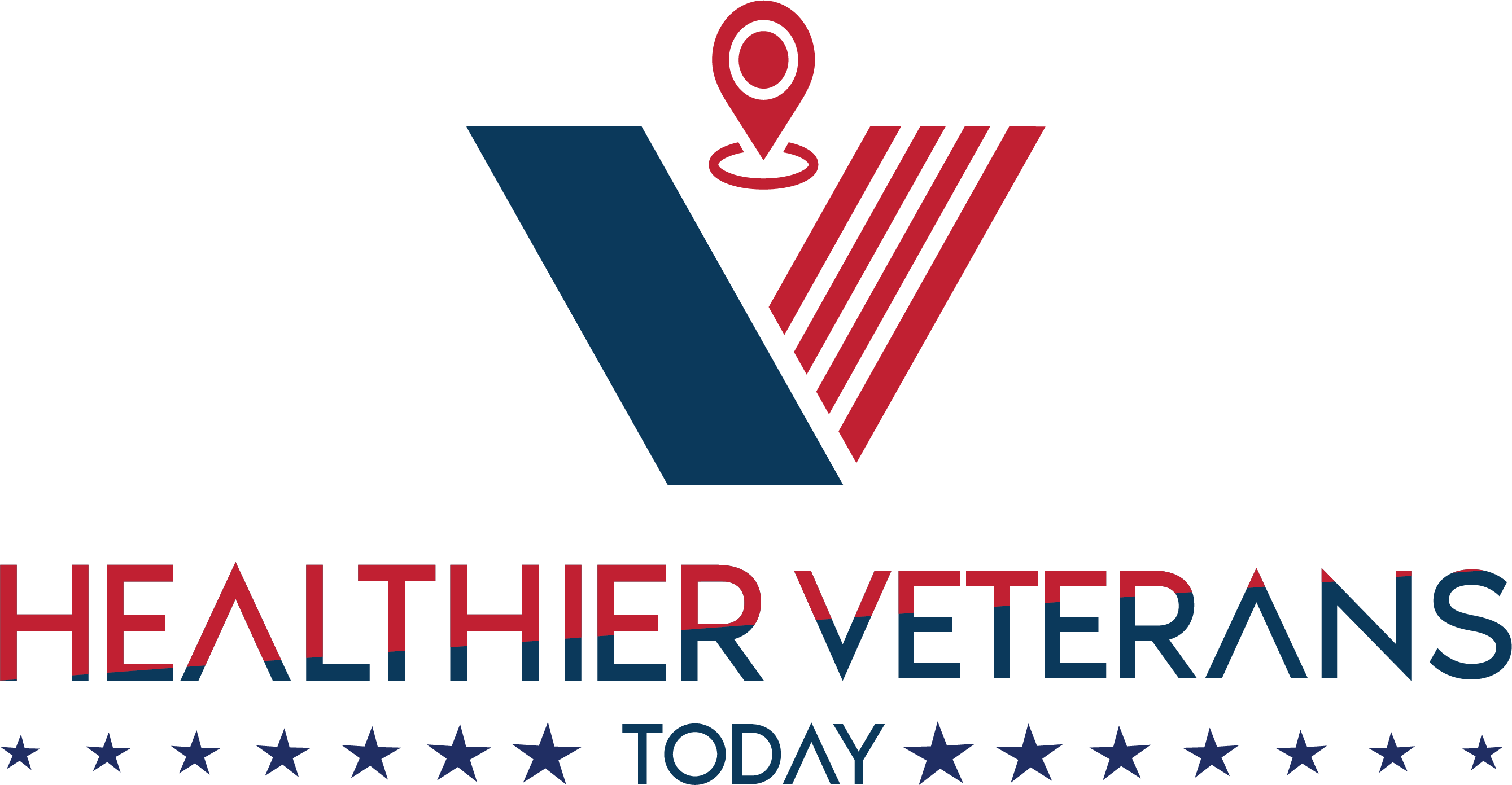Have you ever seen a homeless guy? The answer is yes, without a doubt. Now tell me, how many of them are veterans? Homeless veterans are a real problem. Many courageous soldiers who fought for our country are now facing a difficult homecoming: homelessness. We can help our veterans regain their footing by offering supportive housing, affordable services, and cross-group collaboration. Join us as we work to guarantee that individuals who have served our country receive the resources and stability they require to thrive. Let us work together to ensure that no hero is without a home.
Table of Contents
Understanding the Problem of a Homeless Guy

Statistics on Veteran Homelessness in the United States
Veteran Homelessness has become worrisome within the United States. Veteran homelessness paints a vivid picture of the difficulties that veterans face after they’ve defended the United States. The HUD believes that 37,000 veterans are homeless. Since this statistic represents a large proportion of the homeless population, specific interventions and support systems are required.
Factors Contributing To Veteran Homelessness
- Many veterans face mental health issues like PTSD and TBI due to their military service. These conditions make it hard for them to find stable housing and support. So veterans with PTSD or TBI often struggle with homelessness.
- For homeless veterans, substance abuse is another major problem. Some turn to drugs or alcohol to cope with trauma from service. But this substance abuse worsens housing troubles. And it makes getting stable again even harder.
- Veterans struggle to find stable homes due to a lack of cheap housing. This is a major obstacle: affordable housing options and growing rental expenses in many places mean veterans face difficulties securing safe, permanent housing arrangements.
- Veteran homelessness is worsened by challenges readjusting to civilian life and finding work, plus economic instability, low pay, and restricted access to healthcare benefits. Unstable economies make keeping stable homes difficult for veterans trying.
Impact Of Homelessness On Veterans And Their Families
Many former soldiers and those connected to them deal with not having a fixed home, which impacts more than housing. Being unhoused can worsen existing mental struggles for vets, increase their risk for substance issues, and hinder access to vital healthcare. Unstable living creates hurdles in finding and holding jobs, fueling cycles of poverty and instability for vets and loved ones coping with homelessness.
Veterans who lack a home may face emotional struggles. Their relatives endure difficult feelings, money troubles, and strained family bonds. Kids’ growth and schooling suffer when veterans lack shelter. This hardship hurts future generations. Homelessness creates worry and tension, damaging family ties further. Repairing stability becomes much harder with these cracks.
We must recognize these cascading effects to support homeless veterans and their loved ones properly. Acting decisively matters immensely.
Healthcare Access for Veterans Experiencing Homelessness

Securing healthcare is critical for homeless veterans, but it’s a significant challenge. This vulnerable group faces many hurdles when trying to get medical help. Here’s how lack of access impacts these vets:
- Barriers Everywhere: Lacking proper IDs, rides, and knowledge about options blocks homeless vets from care. Plus, they may delay treatment due to embarrassment over being unhoused, only seeking help when sick.
- Mental Health Support: Depression, PTSD, and substance abuse disorders are just some of the mental health conditions that veterans have to face. It is so important for these war heroes to have access to mental health services. Access to mental health facilities assists in addressing these disorders and offers the support that is required for stability and recovery.
- Preventive Care: Regular check-ups, immunizations, and tests for illnesses such as cancer and infectious diseases are some of the preventive healthcare services that homeless veterans lack access to. Early detection and management are crucial for maintaining general health and well-being.
- Coordination of Care: To effectively provide homeless veterans with access to healthcare, coordination amongst various service providers is necessary. These providers include social workers, primary care doctors, mental health experts, and drug misuse counselors. Comprehensive assistance requires integrated care models that meet social and medical requirements.
Mobile medical clinics, outreach initiatives, telemedicine services, and partnerships between healthcare organizations and homeless assistance organizations are some ways homeless veterans can now receive better access to healthcare. By removing obstacles to care and guaranteeing that homeless veterans obtain the necessary medical care, we may advance health equity and enhance the prospects of this susceptible demographic.
Utilizing Data to Identify Gaps in Services and Inform Policy Decisions
Data plays a large role in understanding veteran homelessness. It helps identify gaps in services and shape effective policy responses. Using data-driven services will ensure that policymakers can better distribute resources, target interventions, and measure the impact of organizations focused on helping homeless veterans.
One important use of the information is finding trends and patterns in the data about veteran homelessness. Government agencies, nonprofits, and academic institutions can monitor demographic data, regional patterns, and the fundamental causes of veteran homelessness by conducting extensive data-gathering campaigns. Stakeholders can use this information to pinpoint high-risk groups and regions needing focused interventions.
Data analysis also makes it possible to find gaps in the resources and services that are currently available. Policymakers can identify regions that require further assistance by analyzing service utilization rates, unmet needs, and access hurdles. Data might show, for instance, gaps in mental health services, a lack of affordable housing options, or unequal access to healthcare for homeless veterans.
Conclusion

In summary, combating veteran homelessness necessitates a multifaceted strategy that includes support services, affordable housing, stakeholder collaboration, and data-driven policies. We can assist veterans in rebuilding their lives by giving them access to chances for employment, specialized care for mental health and substance addiction, and secure housing. Working together, communities, non-profits, and government organizations can guarantee that resources are used efficiently. Moreover, directing initiatives and optimizing impact require utilizing data to pinpoint service shortages and guide policy choices. Together, let’s ensure individuals who have served our nation receive the respect, care, and assistance they are due to commemorate their efforts. We can strive toward a future where no veteran is left without a home or the support they need by working together and being committed.





